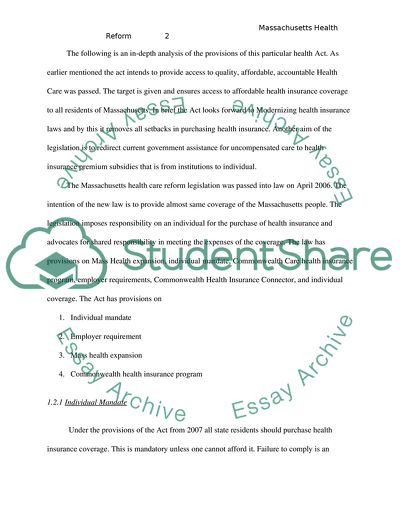Cite this document
(“The Massachusetts Health Reform Law of 2006 Research Paper - 5”, n.d.)
The Massachusetts Health Reform Law of 2006 Research Paper - 5. Retrieved from https://studentshare.org/health-sciences-medicine/1751082-research-paper
The Massachusetts Health Reform Law of 2006 Research Paper - 5. Retrieved from https://studentshare.org/health-sciences-medicine/1751082-research-paper
(The Massachusetts Health Reform Law of 2006 Research Paper - 5)
The Massachusetts Health Reform Law of 2006 Research Paper - 5. https://studentshare.org/health-sciences-medicine/1751082-research-paper.
The Massachusetts Health Reform Law of 2006 Research Paper - 5. https://studentshare.org/health-sciences-medicine/1751082-research-paper.
“The Massachusetts Health Reform Law of 2006 Research Paper - 5”, n.d. https://studentshare.org/health-sciences-medicine/1751082-research-paper.


